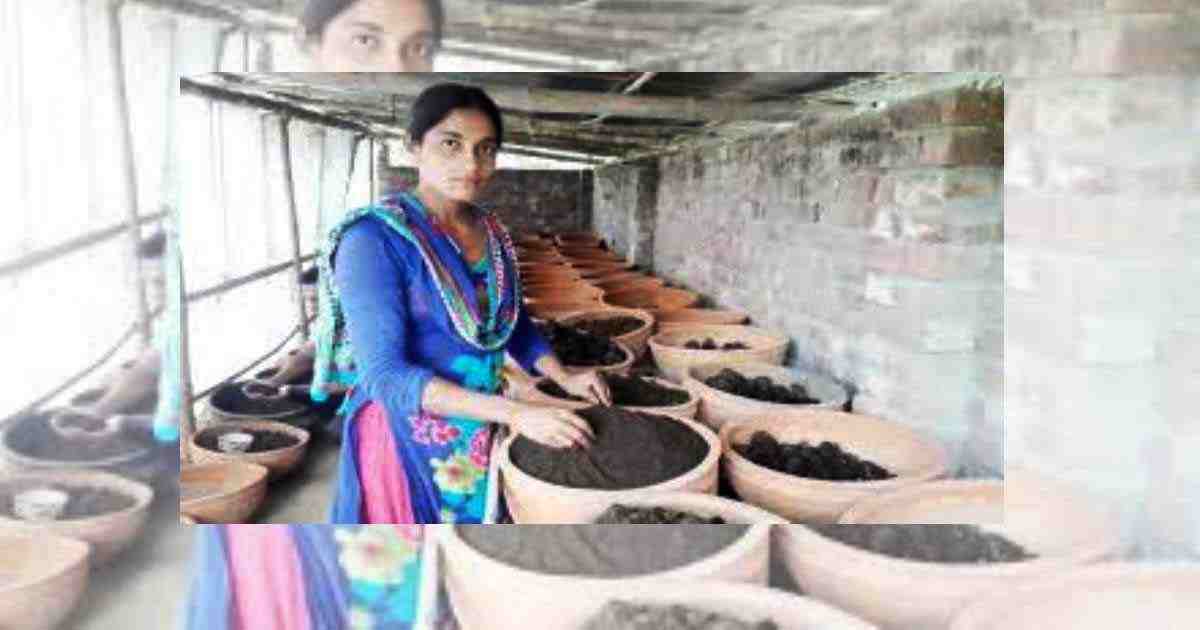How a Bangladeshi woman scripted a success story in vermi venture

Dhaka 2 February, 2021: ‘Vermicompost improves the fertility conditions of soil by increasing the availability of nutrients for plants, in turn increasing the farm production’
In 2016, she started small—out of the same premises she lives with her family—more of an experiment than a business. Today, Nasrin Sultana, a resident of Jhikargachha upazila's Barbakpur village, is a successful woman entrepreneur who owns a vermicomposting unit in Jessore.
And by funding her own studies and supporting her parents financially, thanks to her successful vermicomposting venture, Nasrin has clearly shown that a daughter should never be considered a burden, "but the pride of the family". After earning a degree in social science from Jhikargachha Women's Degree College, she has also completed a diploma in agriculture. "My vermicomposting business has made it all possible," says the entrepreneur.
Vermicomposting is a process based on earthworms and microorganisms through which organic waste is converted into fertilizers.
But how and when did Nasrin throw her hat into the entrepreneurial ring? “I started my business with just two big clay pots, cow dung and 100 grams of earthworms. An agriculture officer of the area provided the earthworms to me in 2016. After producing my first fertilisers, I used them on our farmland," she says.
In the beginning, her neighbours and classmates used to laugh at her. "Now they admire me," says Nasrin, who has recently constructed a shed by shelling out an additional Tk14,000-15,000 for making vermicompost.
In Nasrin’s unit, some 195-200kg of fertilizer is produced in each pot as there are 130 of them. "Each big size clay hole needs 200 grams of earthworms and one basket of cow dung from which 195-200kg of vermicompost can be easily produced within 20-25 days. In the local market, a kg of vermicompost is sold at Tk10-12."
“Vermicompost improves the fertility conditions of soil by increasing the availability of nutrients for plants, in turn increasing the farm production," she adds.
The use of vermicompost is also gaining popularity in the upazila and farmers from neighbouring areas of the district also flock to Nasrin's unit regularly for buying fertilizers. Some 2,000 farmers of the district are said to be using vermicompost on their land for producing poison-free vegetables.
Each month, Nasrin earned around Tk12,000-15000. "I have also built an organic agriculture farm on the roof of my house using my fertilizers," says the youngest daughter of Lutfur Rahman, a farmer.
Hirak Kumar Sarkar, upazila officer of the Department of Agriculture Extension, feels that all women in the upazila should take inspiration from Nasrin and script their own success stories. "Many women have already shown interest in setting up small vermiculture units in the area," he says.
Read More
.

